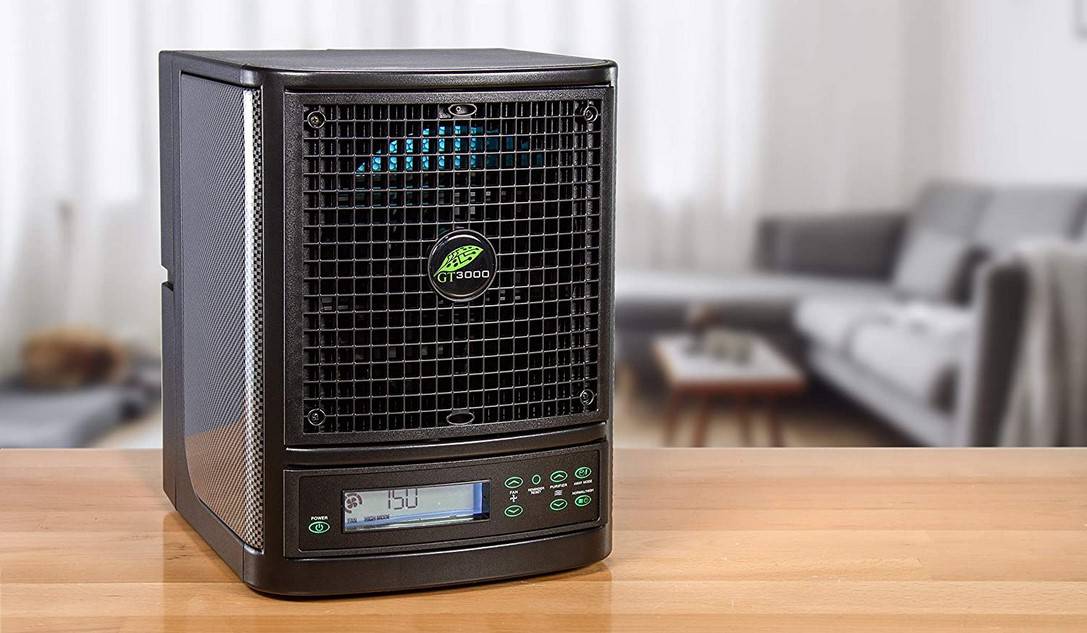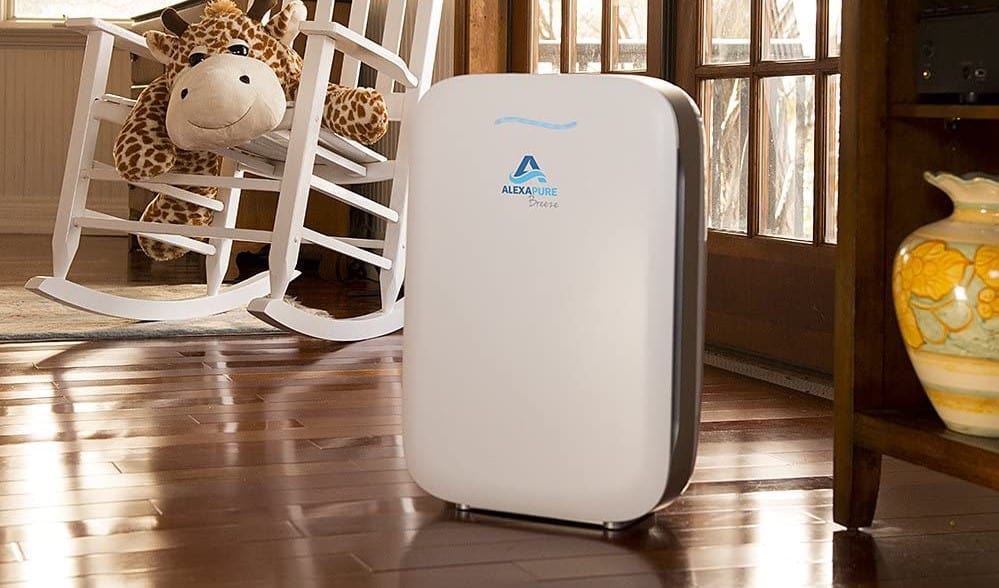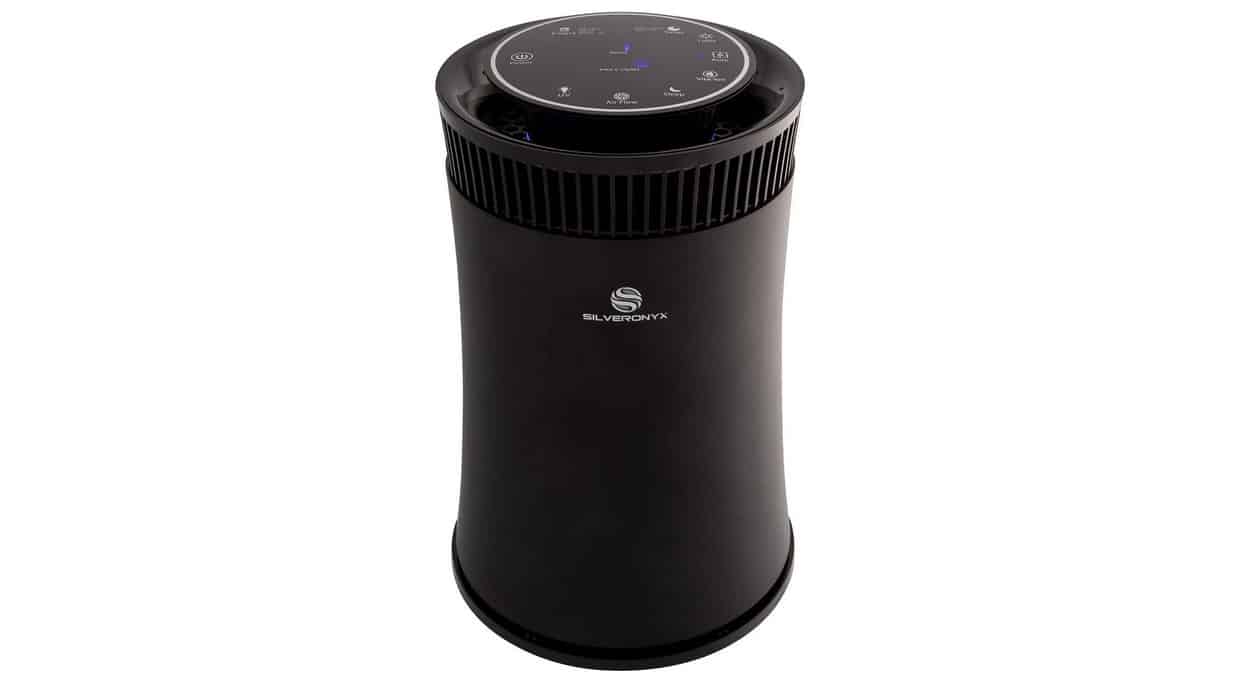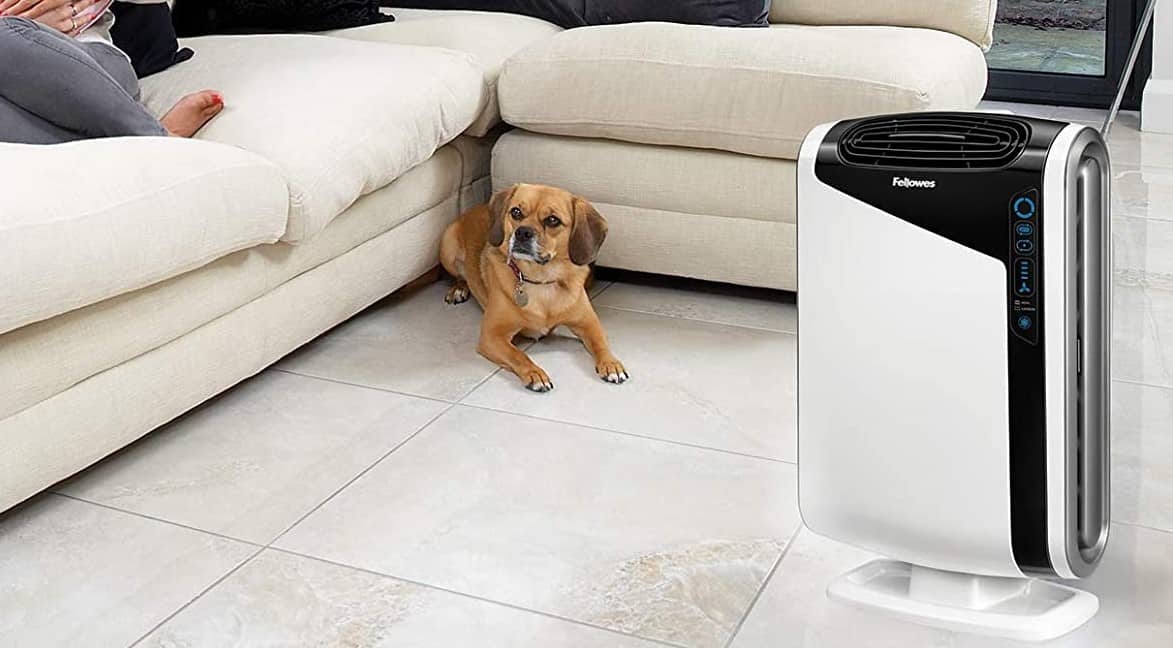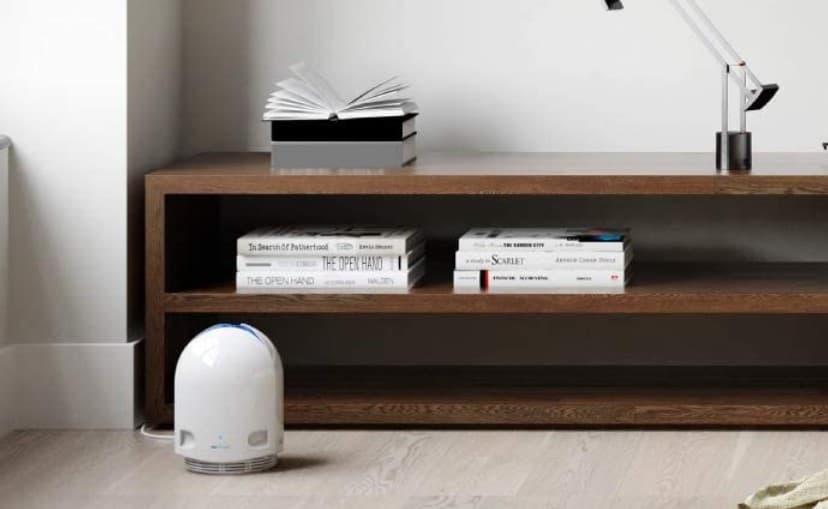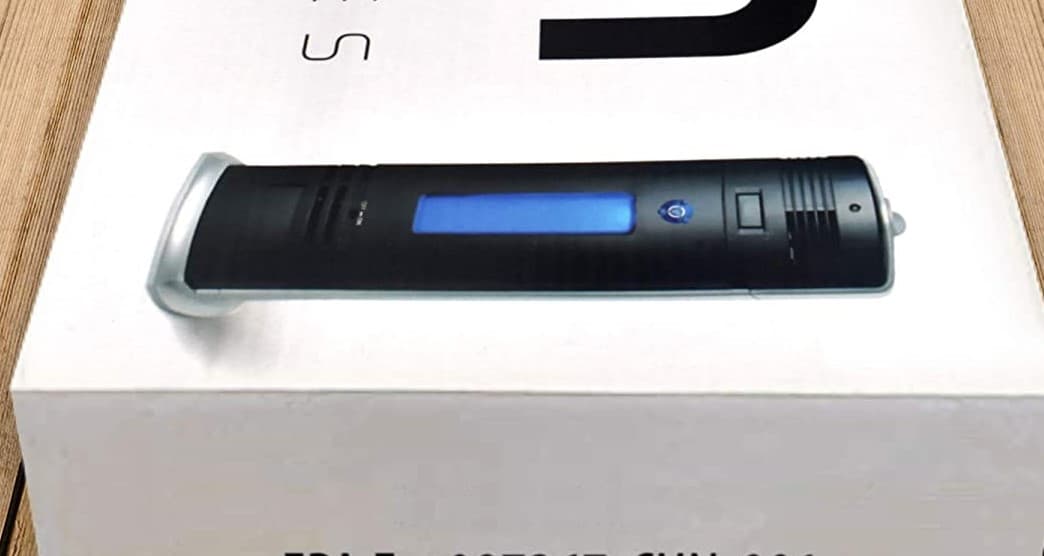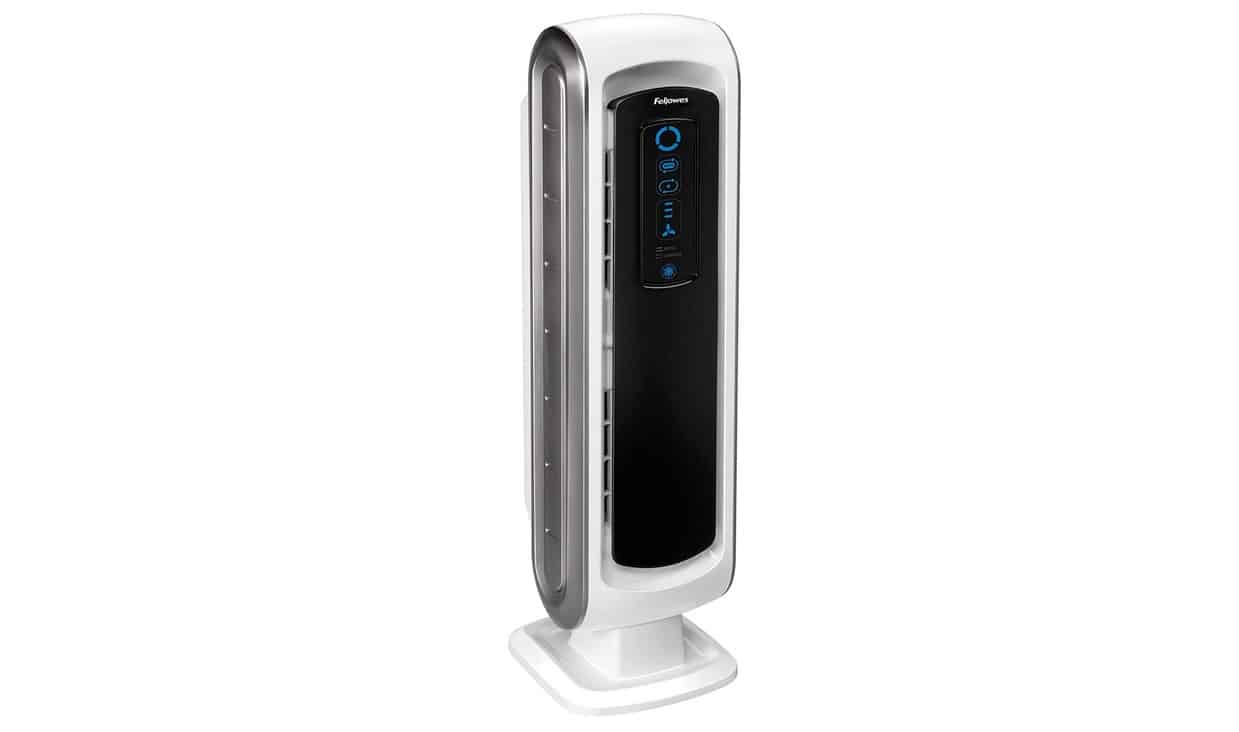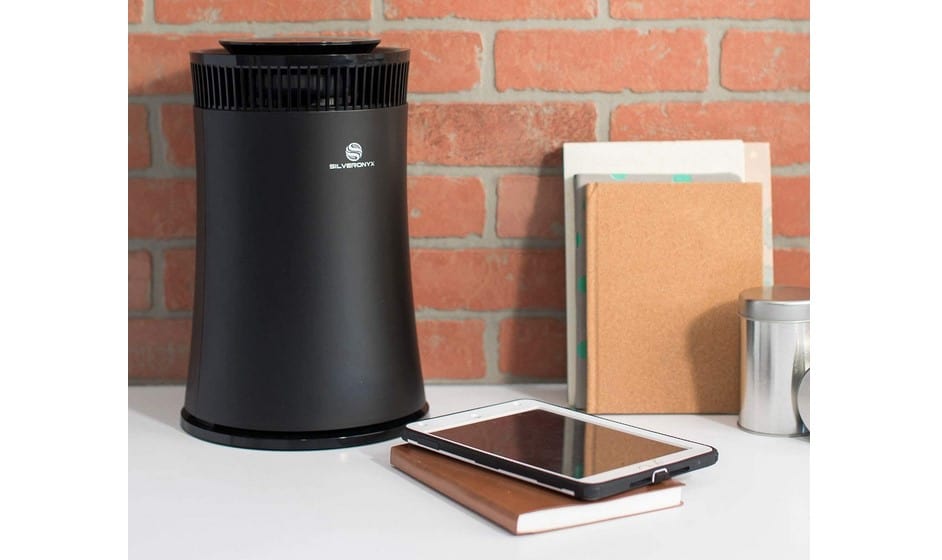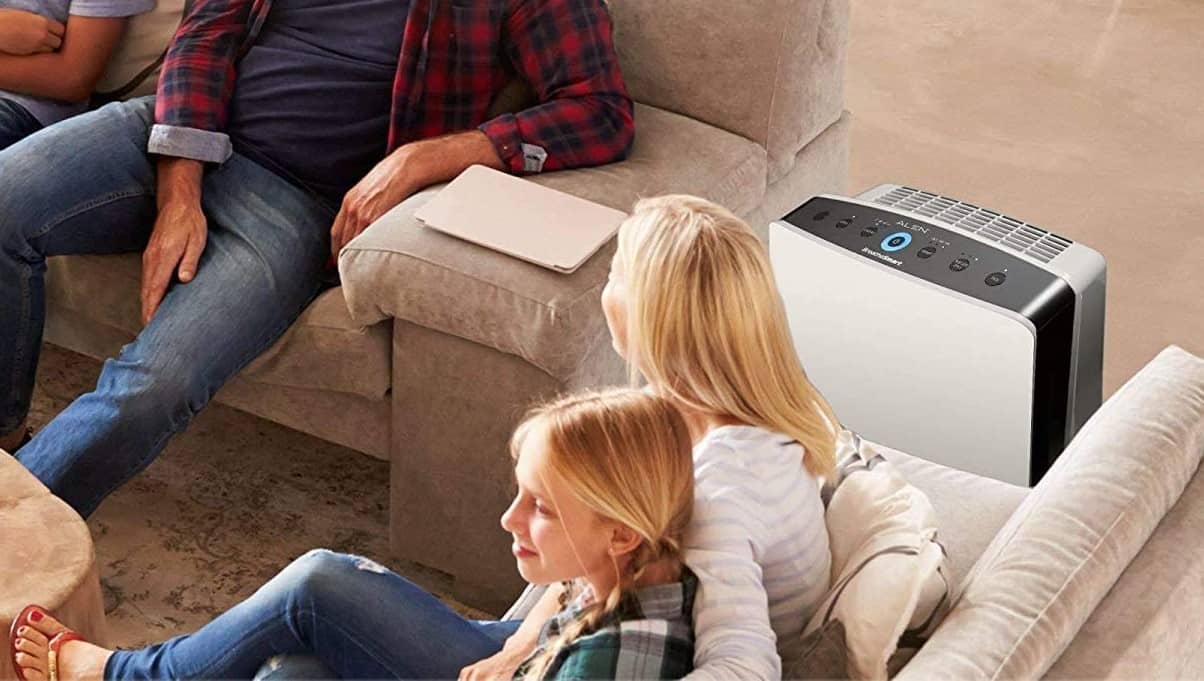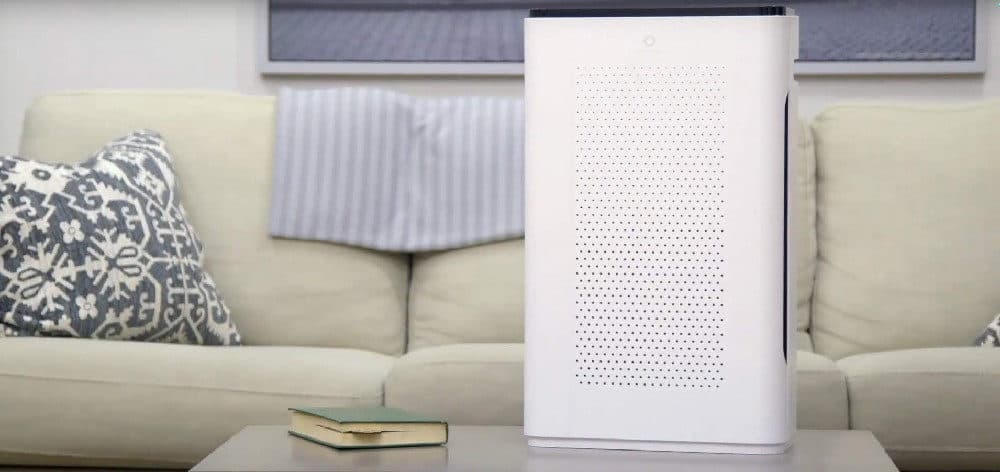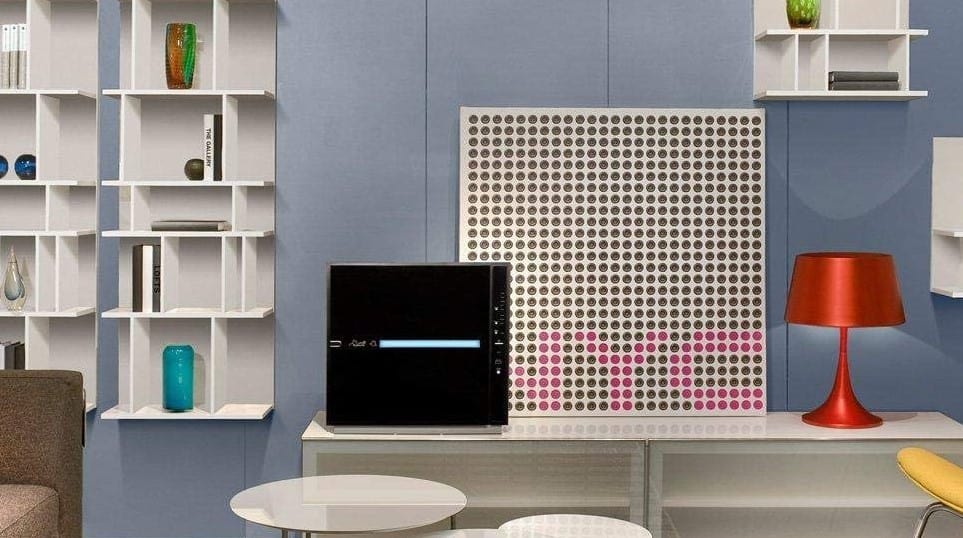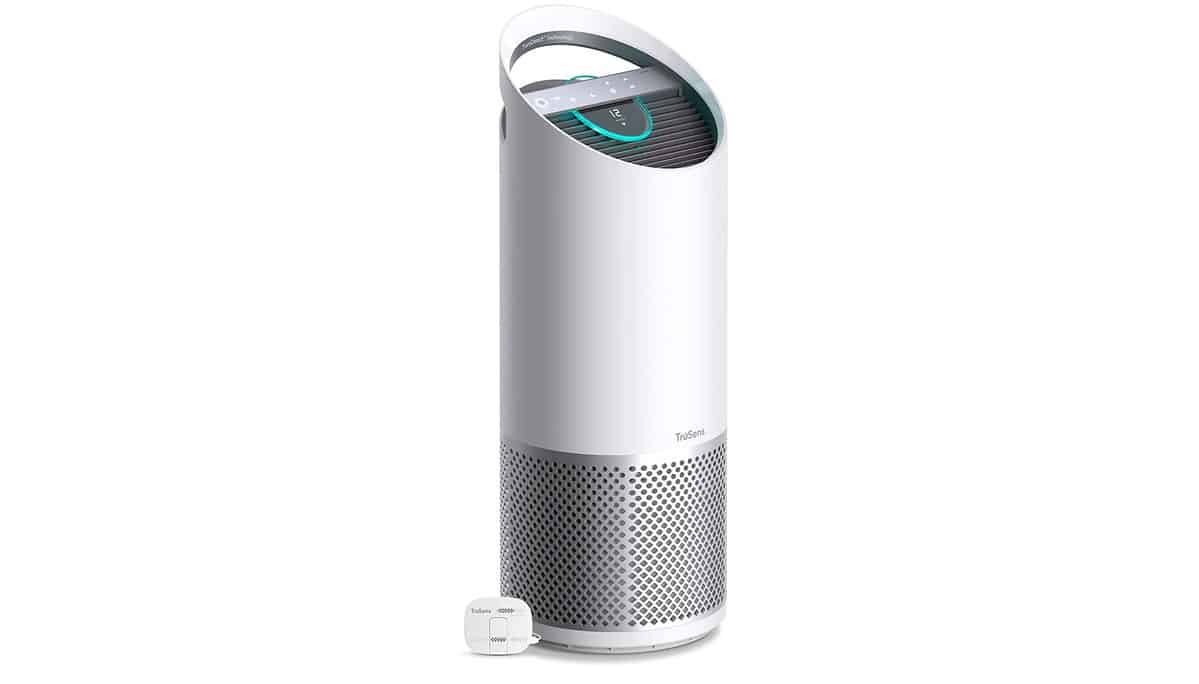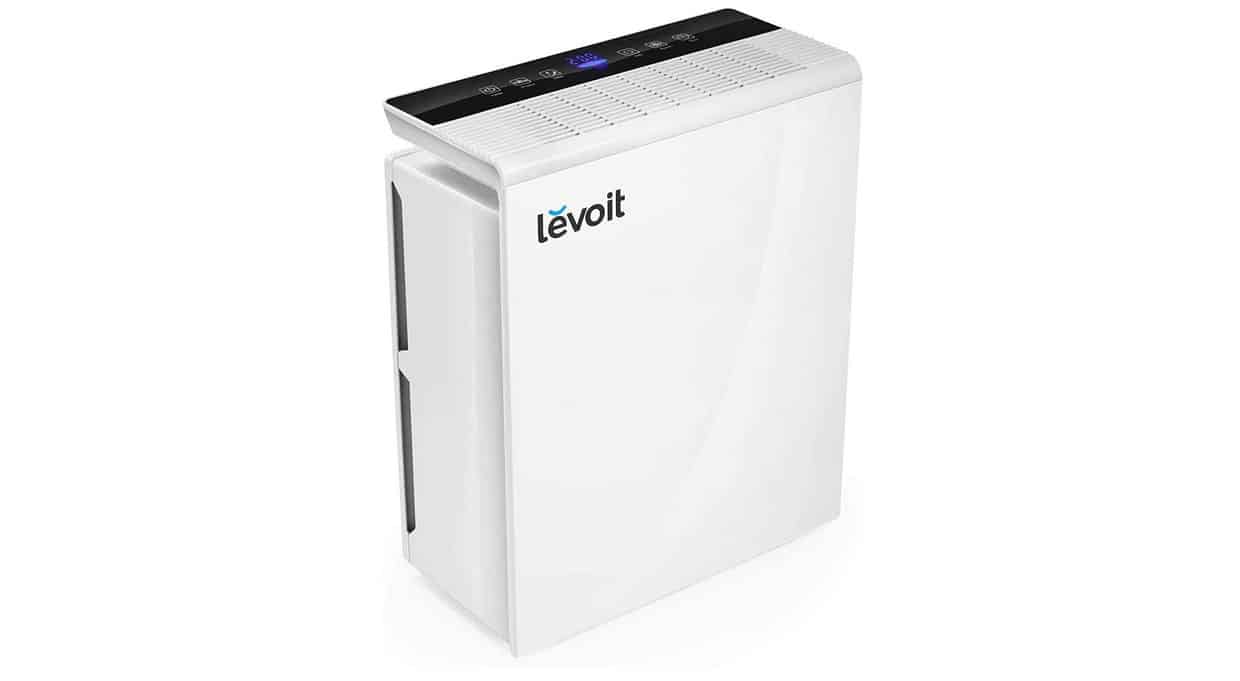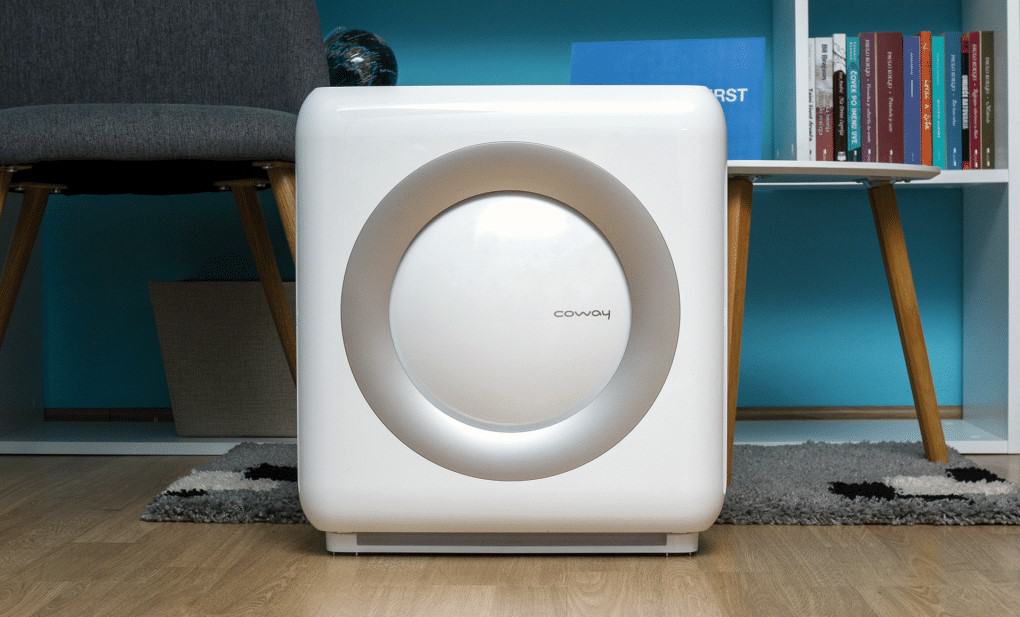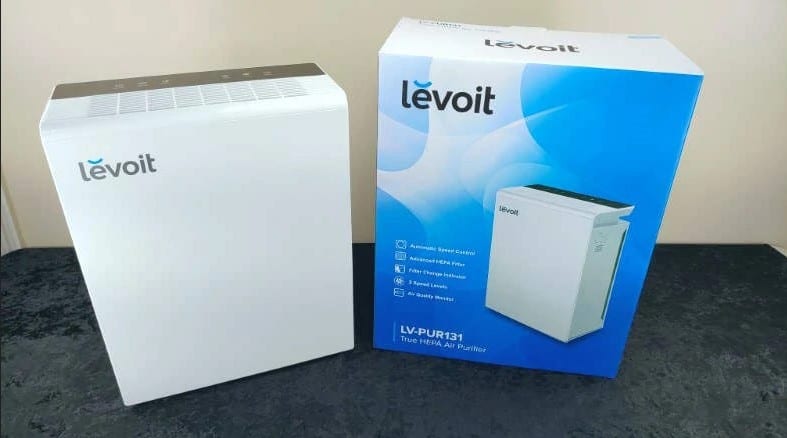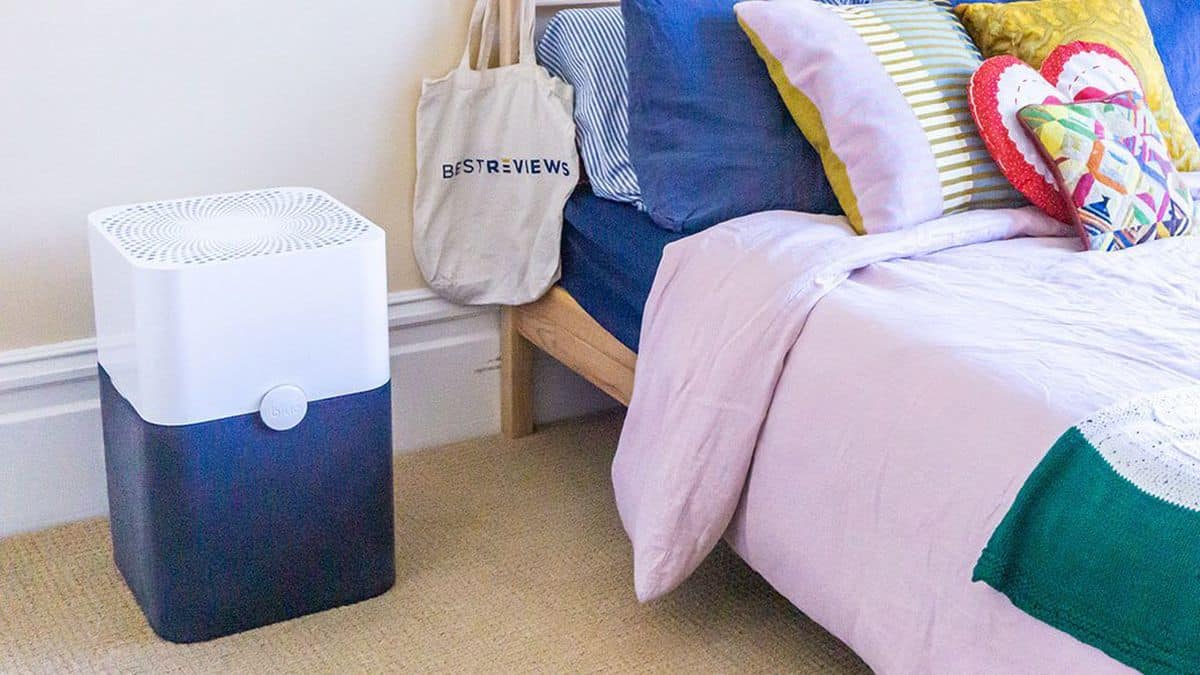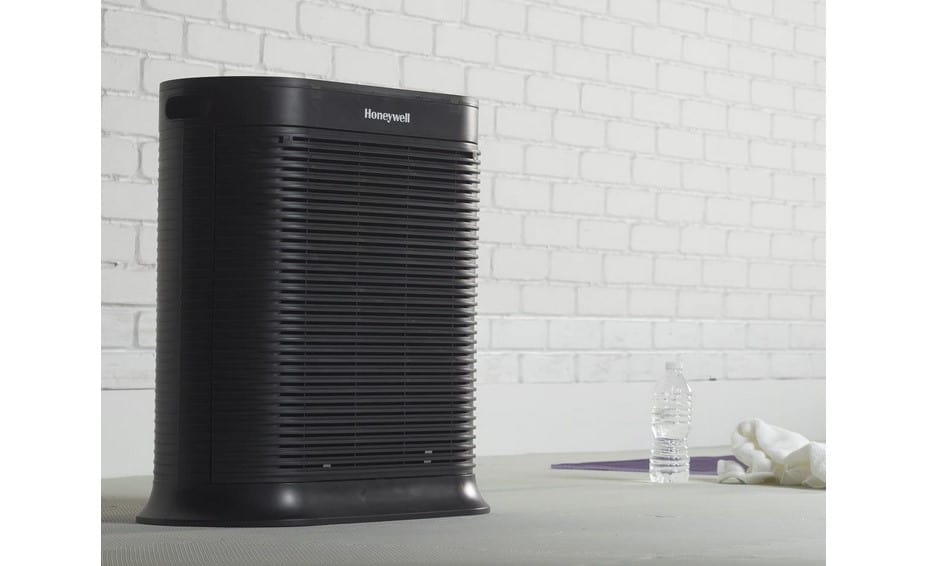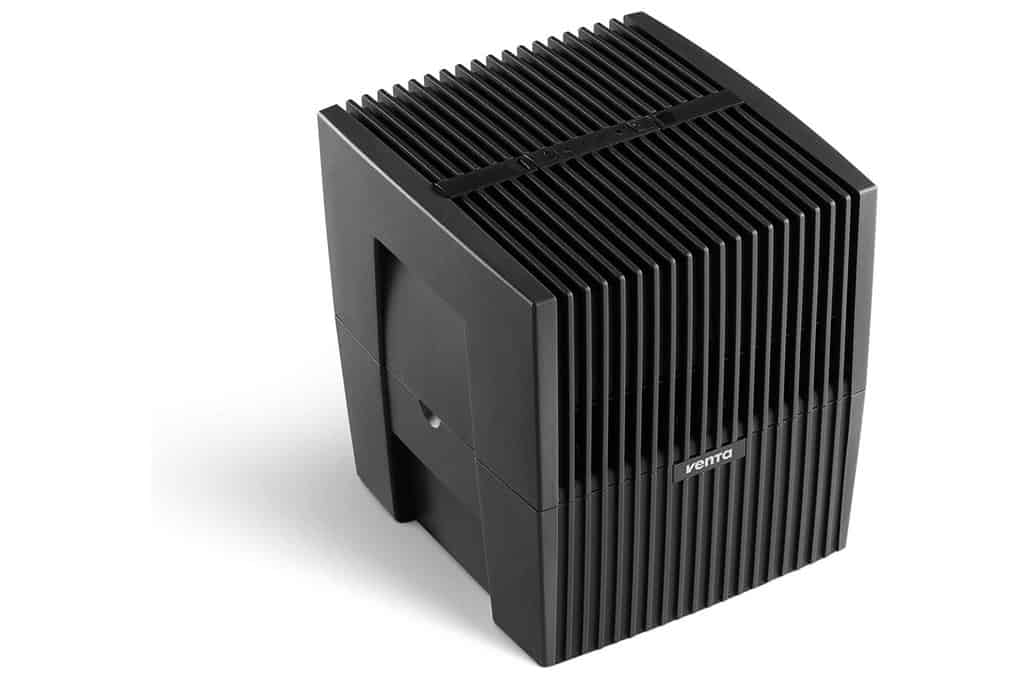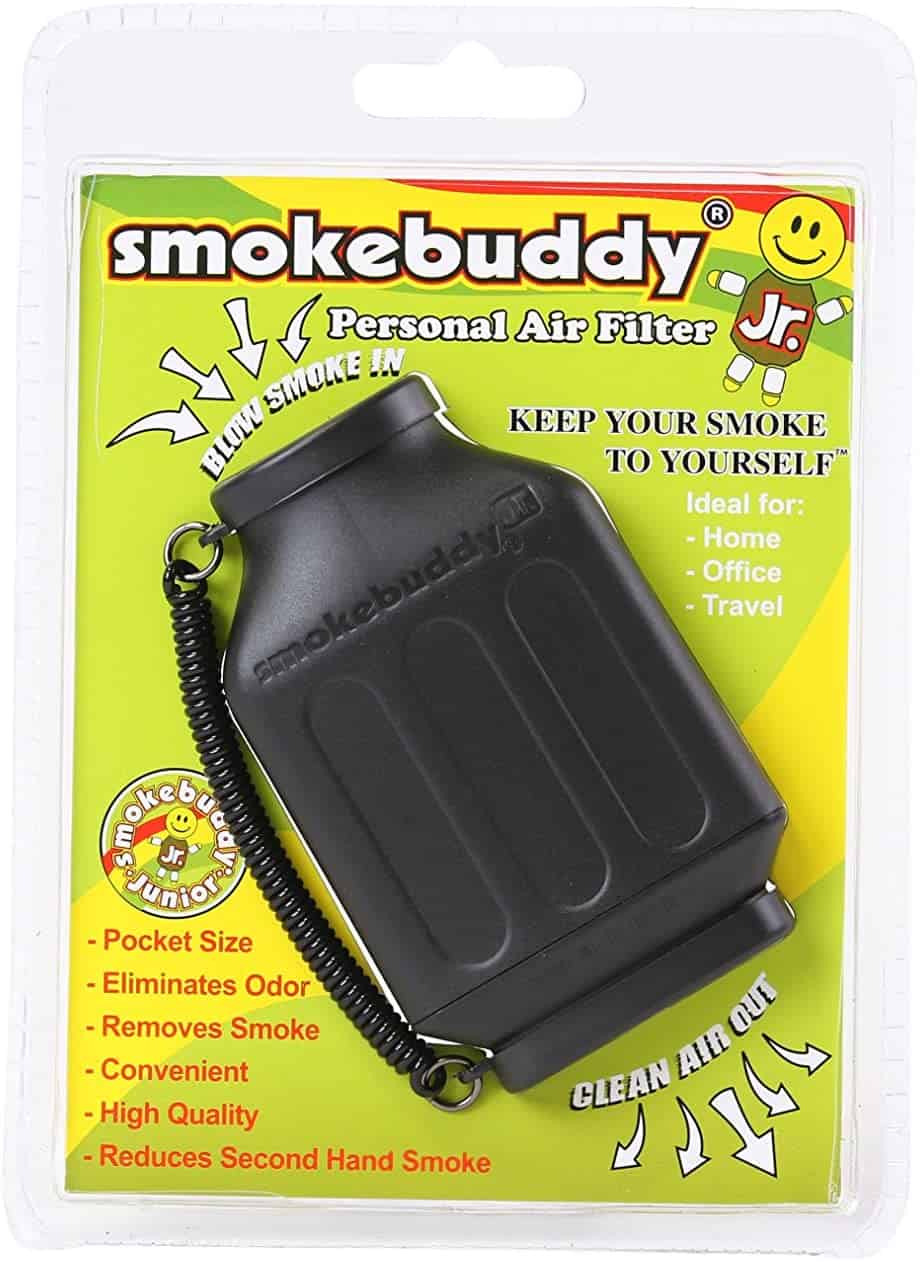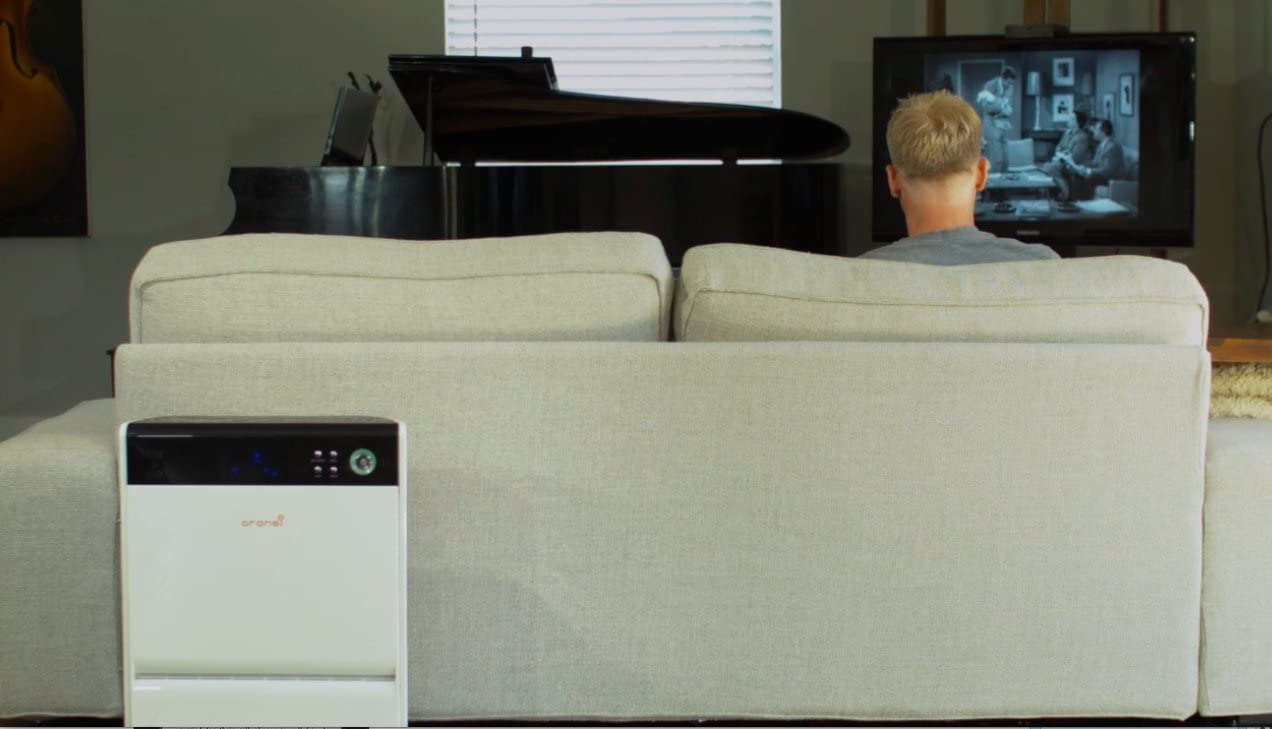Understanding the difference when comparing an air ionizer vs an air purifier can set you up for improved health. An ionic purifier model is one of many air purifier designs. The real question is whether it’s the best design for you. For a better cleaning performance, you’ll need the best air purifier you can find.
KEY TAKEAWAYS:
- Air purifiers are a common type of device created to help remove pollutant particles to control indoor pollution in your home.
- While not as bad as ozone generators, ionic purifiers might have a small ozone output which could be hazardous to your health.
- Ionizing technology isn’t the most effective when compared to mechanical filtration methods, like the HEPA filter.
Comparing an Air Ionizer to an Air Purifier
Comparing an air ionizer vs an air purifier takes a little bit of thought. While all ionic air cleaners are air purifiers, not all air purifiers are ionic air cleaners. We’ll expand on that idea below and go over the details you need to know. For more on mechanical filtration systems, read our article on an air cleaner vs a purifier.
Explaining Air Purifiers
Air purifier brands have taken strides in improving air cleaning technologies. There are now several types of quality models on the market to help you keep indoor air pollution under control. Air purifier technology has advanced quickly in the past two decades. For more information on that, check out this article showing an air purifier and CADR comparison.
Different Types of Air Purifiers
There are several types of popular air purifiers on the market:
- Ozone Generators
- Commercial Air Purifiers
- Ionic Air Purifiers
- Electrostatic Air Purifiers
Explaining Ionic Air Purifiers
Now that you know that an ionizer purifier is a type of air purifier, we can dig deeper into regular purifier vs ionizer details. Air purifier brands are still producing quality air ionizers.
Insider Tip
Staying on top of filter replacements in your air purifier models can significantly increase expected health benefits and air purifier performance.
How an Ionic Purifier Works
An ionizer purifier works by emitting a negative charge that attracts all different types of pollutants. This method is moderately effective compared to more advanced technology like the pleated filter. Ionic models sometimes produce small levels of ozone, however. You can compare such models like the Holmes vs Honeywell air purifiers, AirTamer A315 vs A320, air purifier filters vs car filters, and air purifiers vs air ionizers.
Benefits of an Ionic Purifier
There are quite a few benefits you can expect from quality air ionizers:
- Reduction in overall asthma symptoms
- Removal of harmful pollutants like mold spores
- Decrease in particles of dust and pet dander
Is an Ionic Purifier Right for You?
Since the 90s, regular ionizers have gone by the wayside. In their place, the pleated filter of HEPA air purifiers has become far more popular. There are many different options as far as air purifiers go, so make sure you do thorough research before landing on any one of them.
Warning
Ozone generators used to be considered safe, but current information tells us that heightened ozone levels in our environment can cause adverse health effects.
F.A.Q.
Are HEPA or carbon filters more effective?
Carbon filters aren’t nearly as efficient at capturing airborne particles as HEPA filters are. Getting a HEPA air purifier allows you to remove almost every trace of harmful particulate matter out of your breathing air.
What’s the difference between air ionizers and air purifiers?
Ionizer air purifiers lack physical filters. Instead, they use negative ion generators to attract airborne allergens. Although an ionic purifier is an air purifier, not all air purifiers use ionic filtration technology.
What is a HEPA air purifier?
A HEPA air purifier is one of the best ways to head toward improved health. HEPA filters are backed by the Department of Energy (DoE), and many organizations tout their praises.
How do HEPA filters work?
HEPA filters work by passing air through their tightly woven fibers. This tightly pleated filter can provide air cleaning performance like no other.
STAT: HEPA filters can trap 99.97% or more particles equal to or larger than 0.3 microns. (source)
REFERENCES:
- https://www.tetratech.com/pdf/download?url=http://localhost%252fen%252fdocs%252fis20%252d016%252den%252dunderstanding%252dbipolar%252dionization%252epdf
- https://en.wikipedia.org/wiki/Air_purifier
- https://blog.gotopac.com/wp-content/uploads/2018/10/LS-Air-Ionization-Theory-booklet-FINAL.pdfr
- https://en.wikipedia.org/wiki/Air_ioniser
- https://www3.nd.edu/~sst/teaching/AME60637/notes/Go_ions_v4_031912.pdf

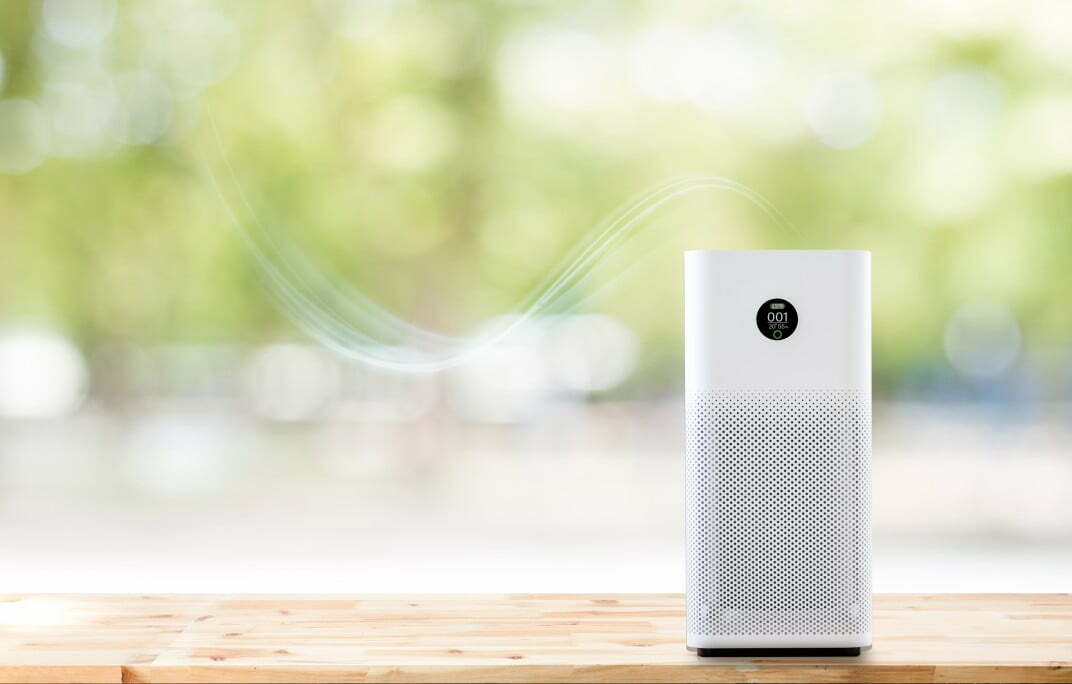













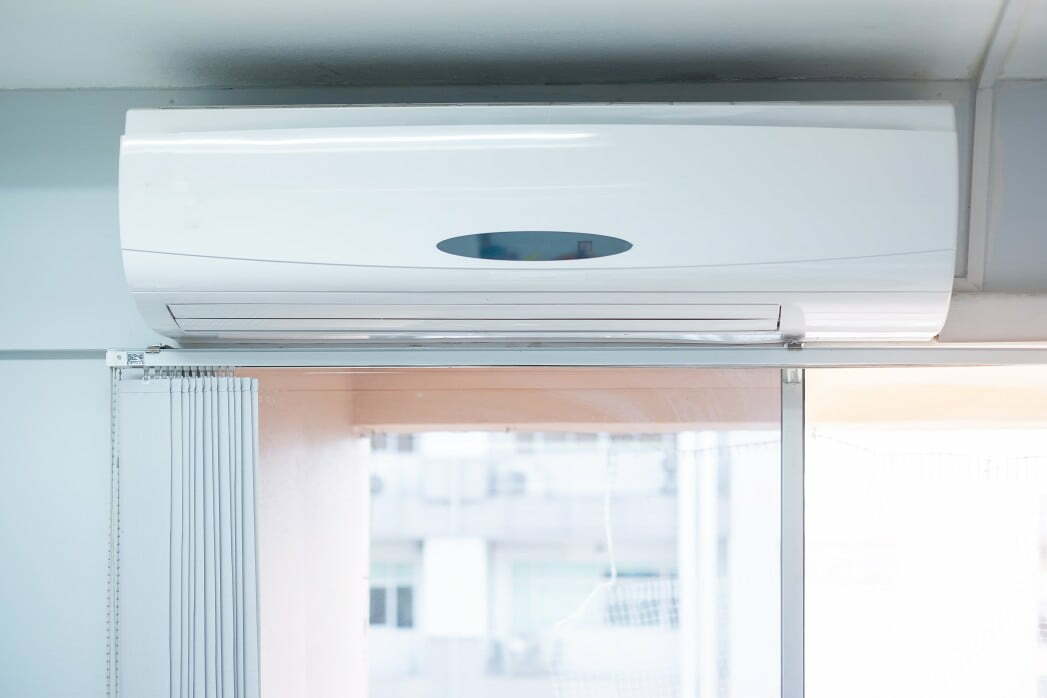
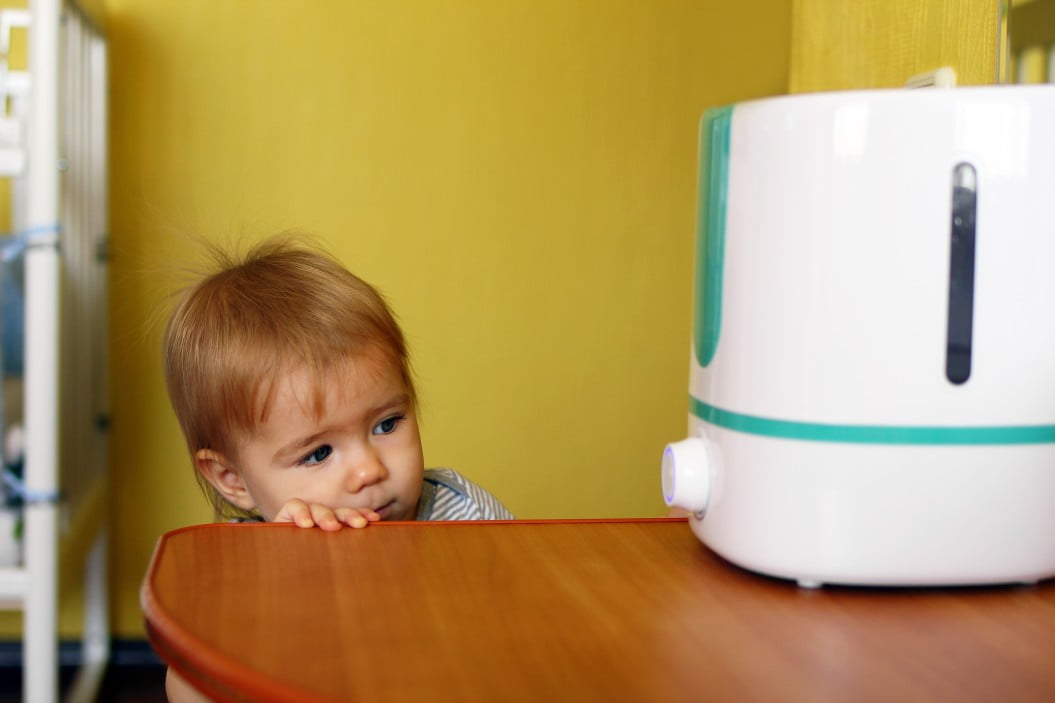
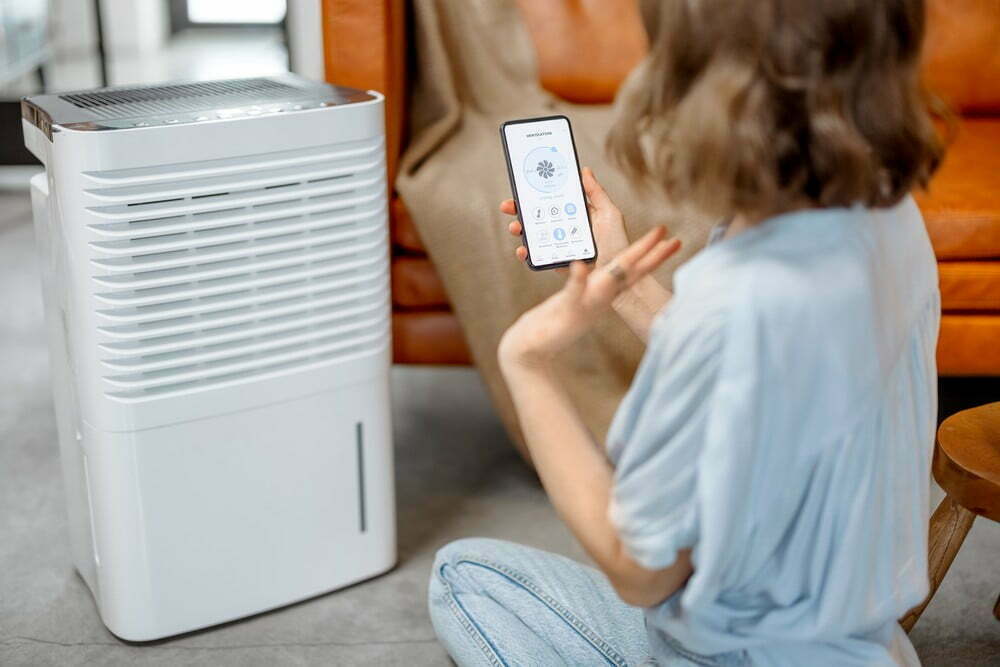
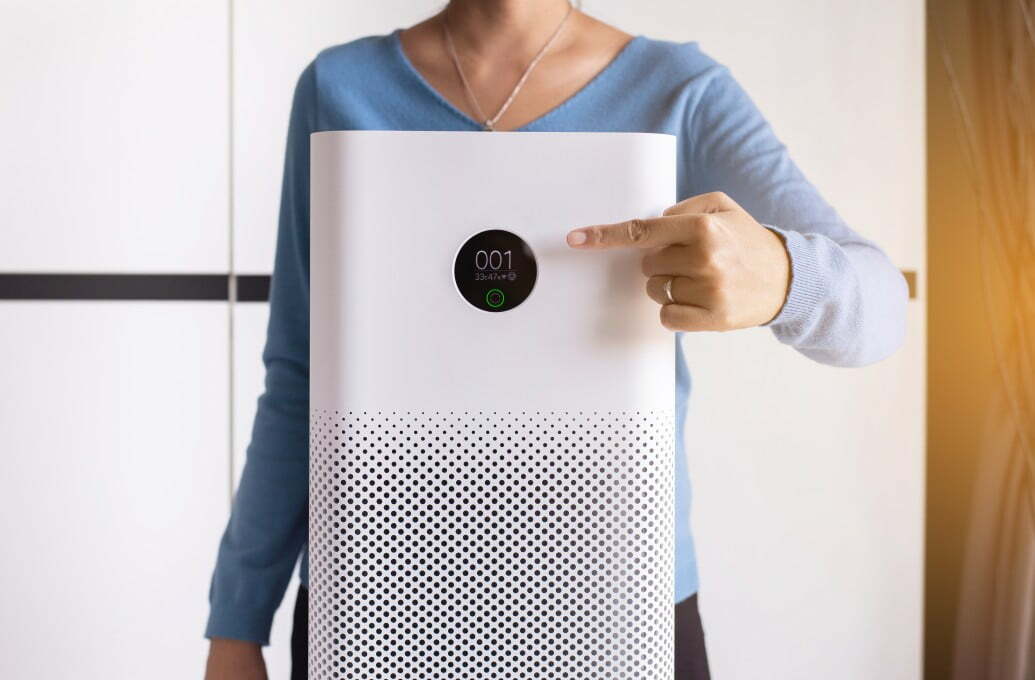
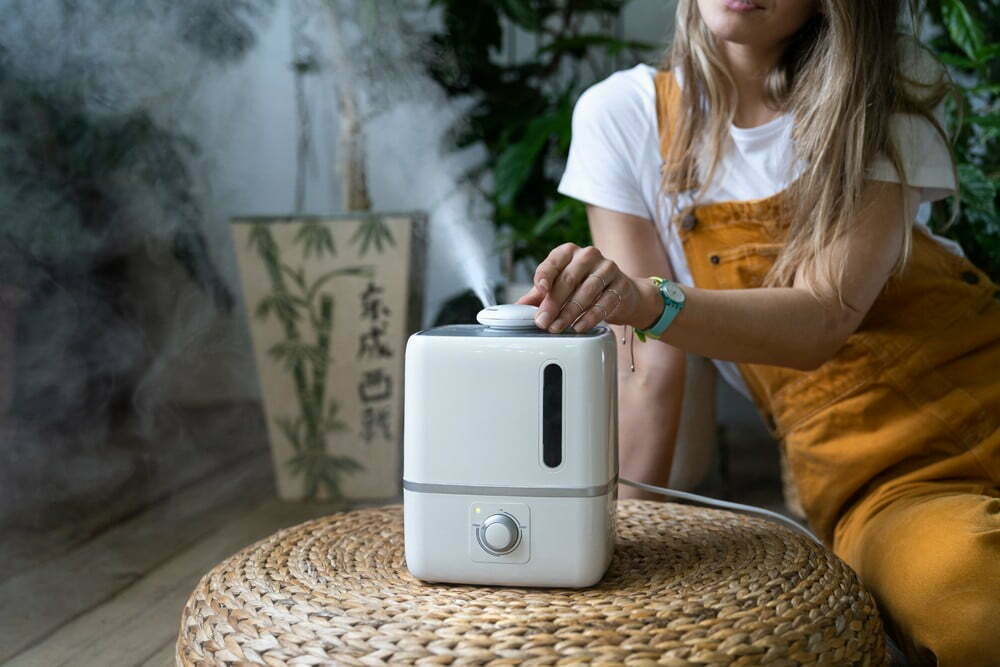


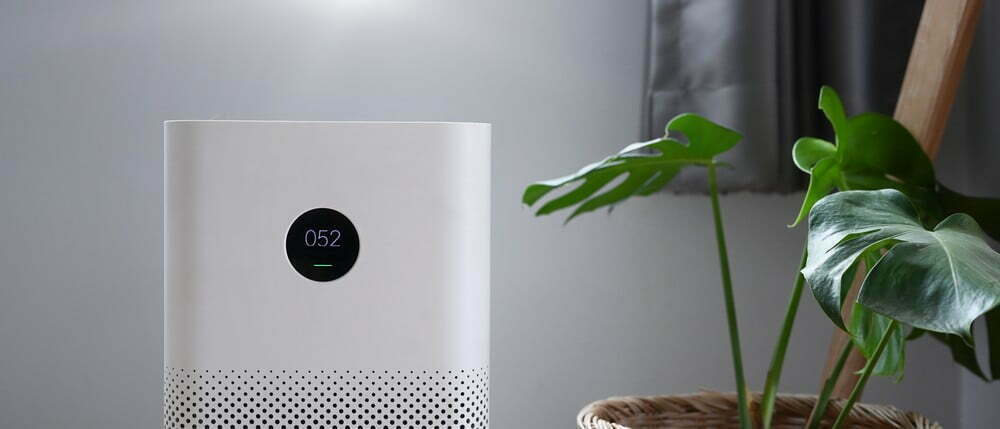
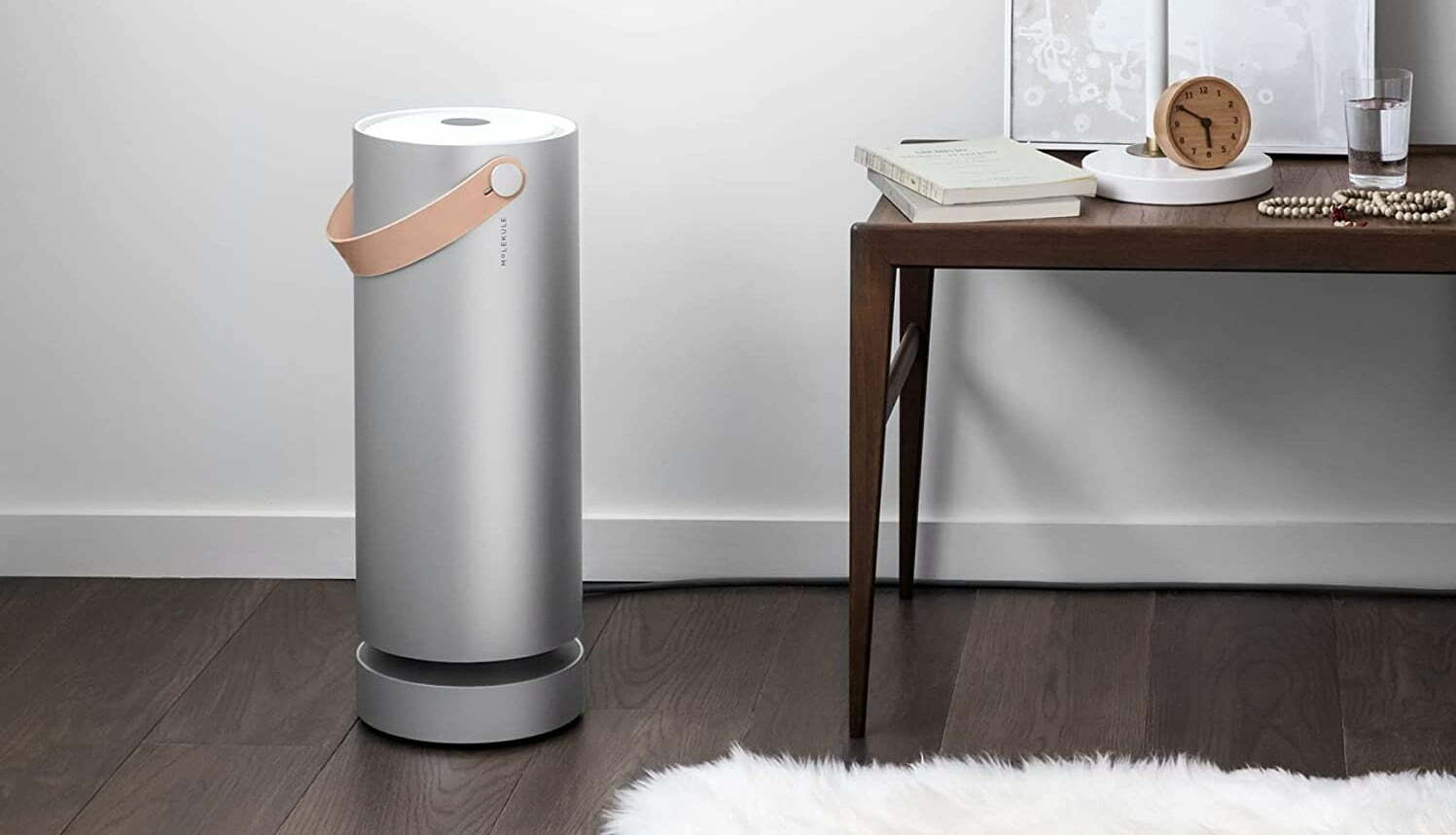
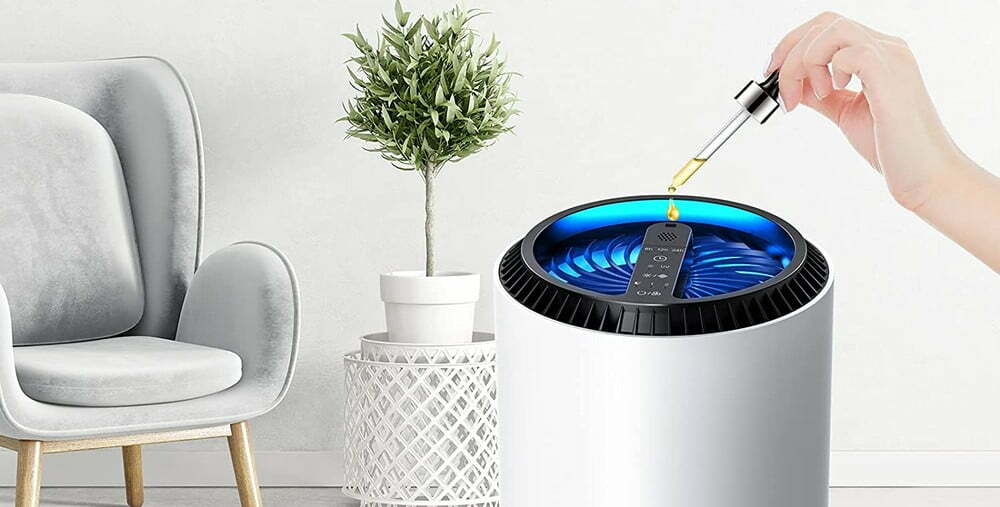
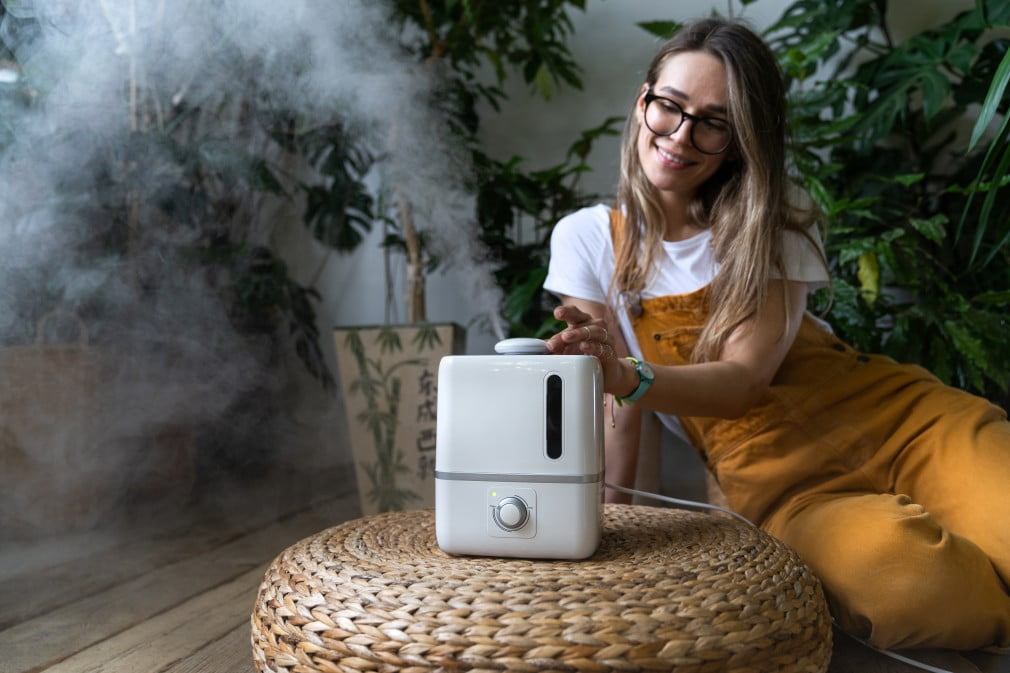
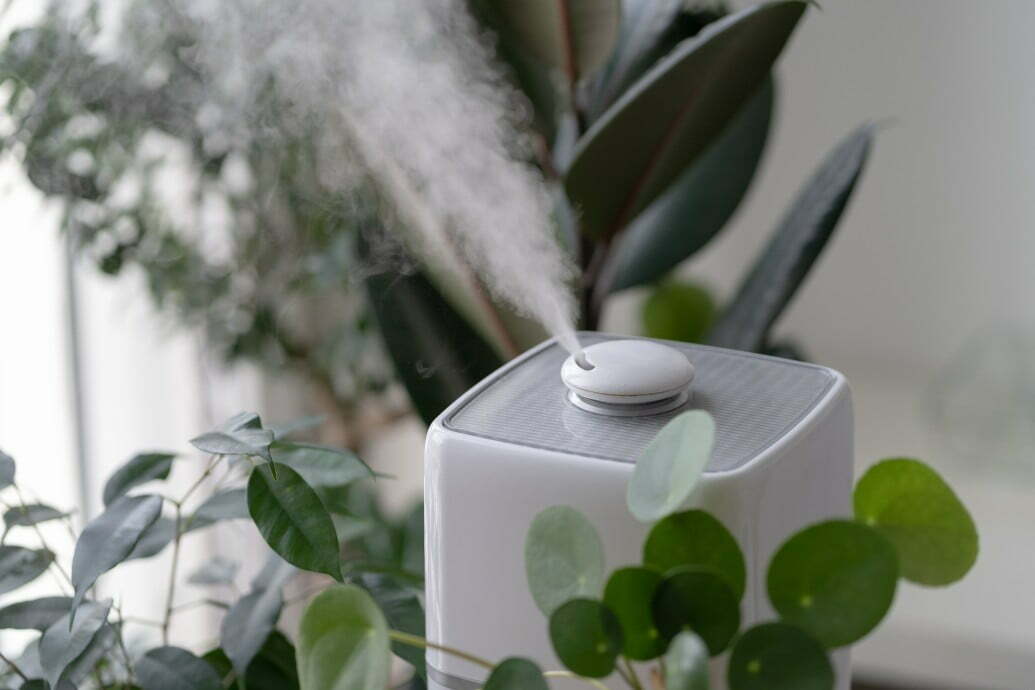
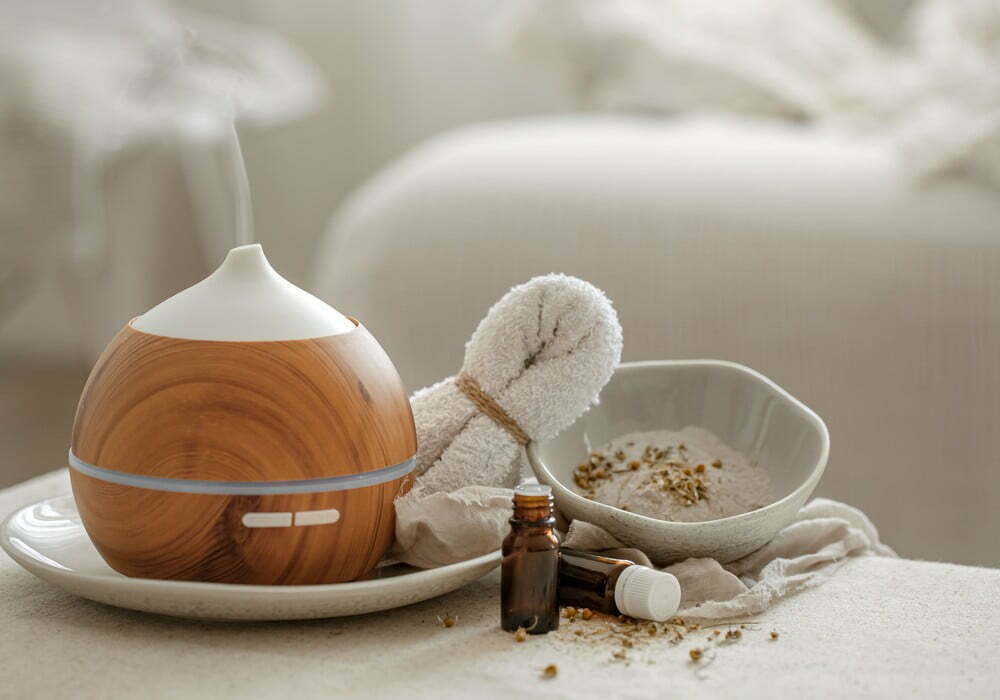
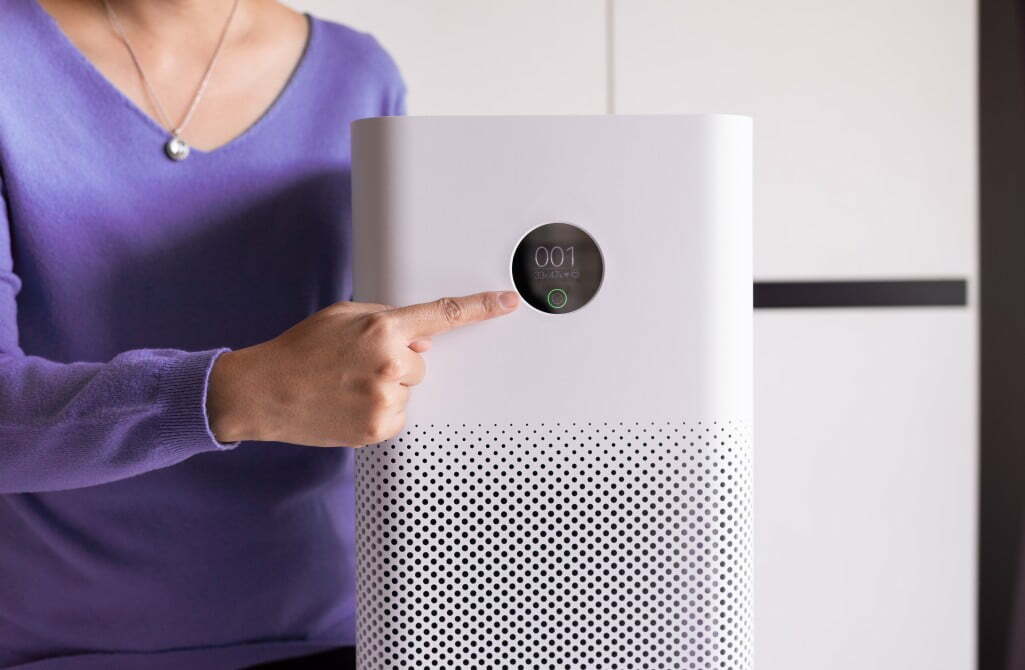
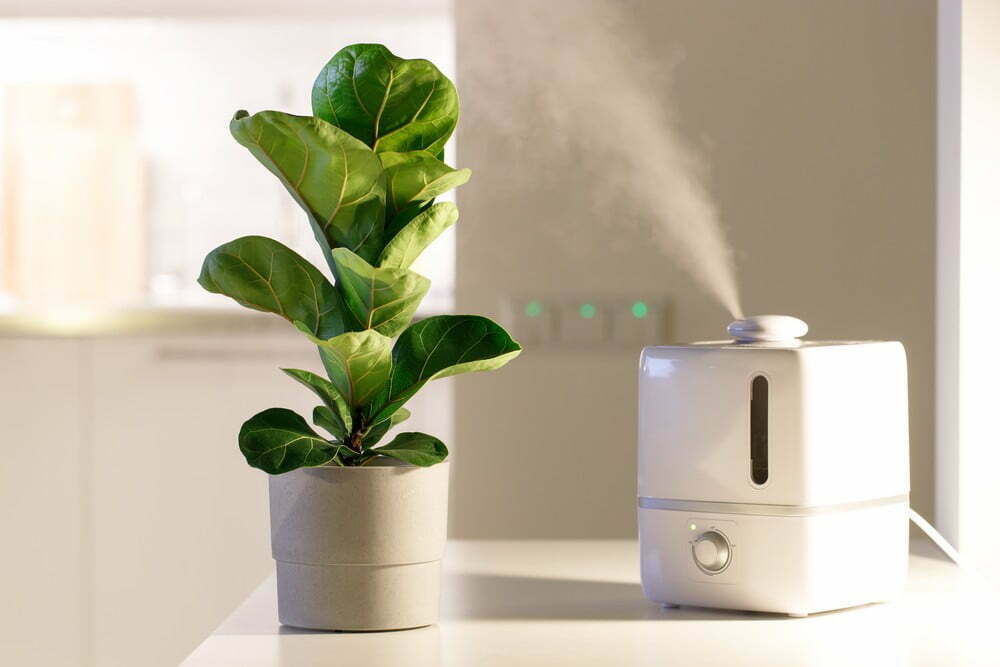
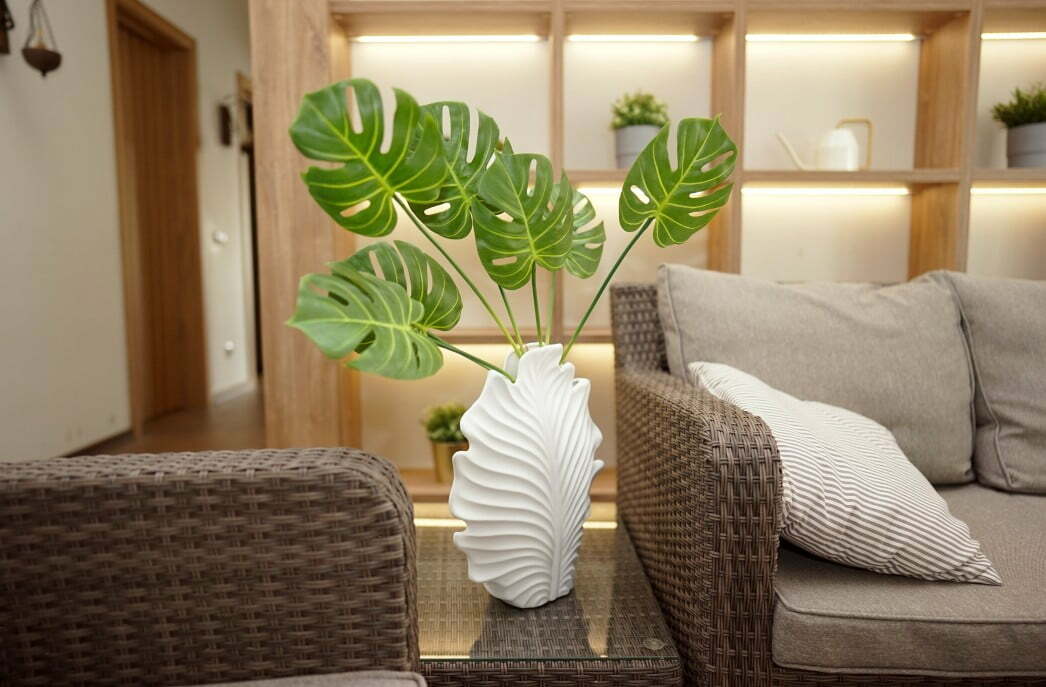
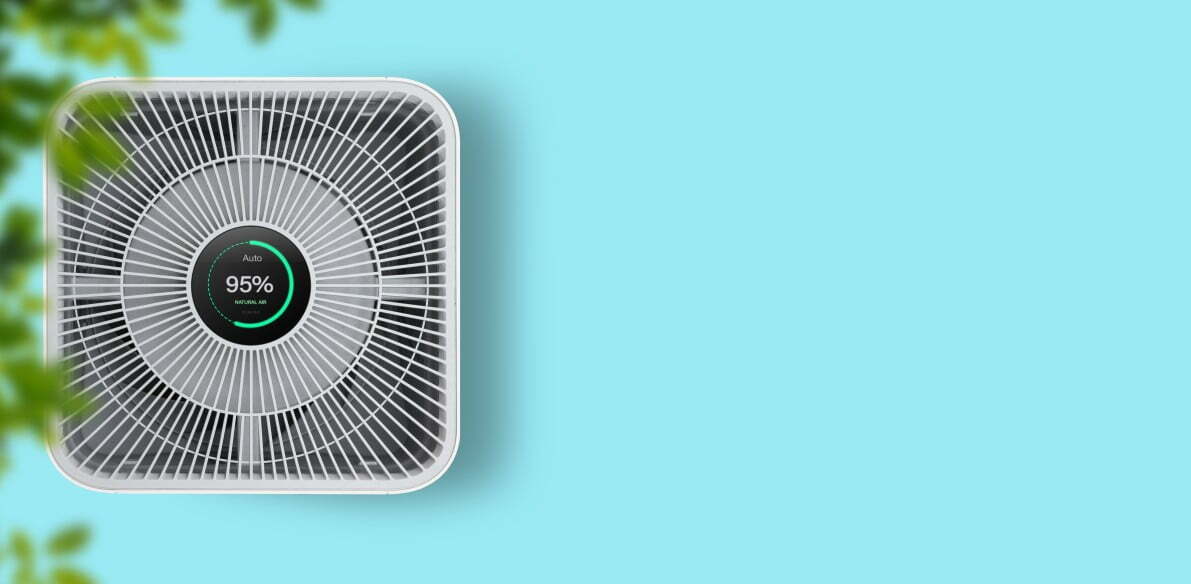
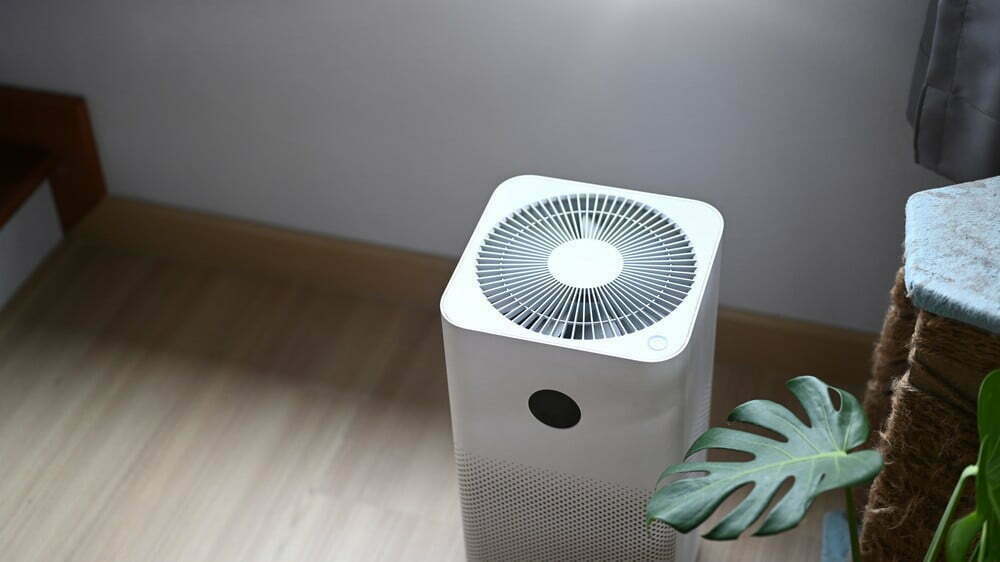
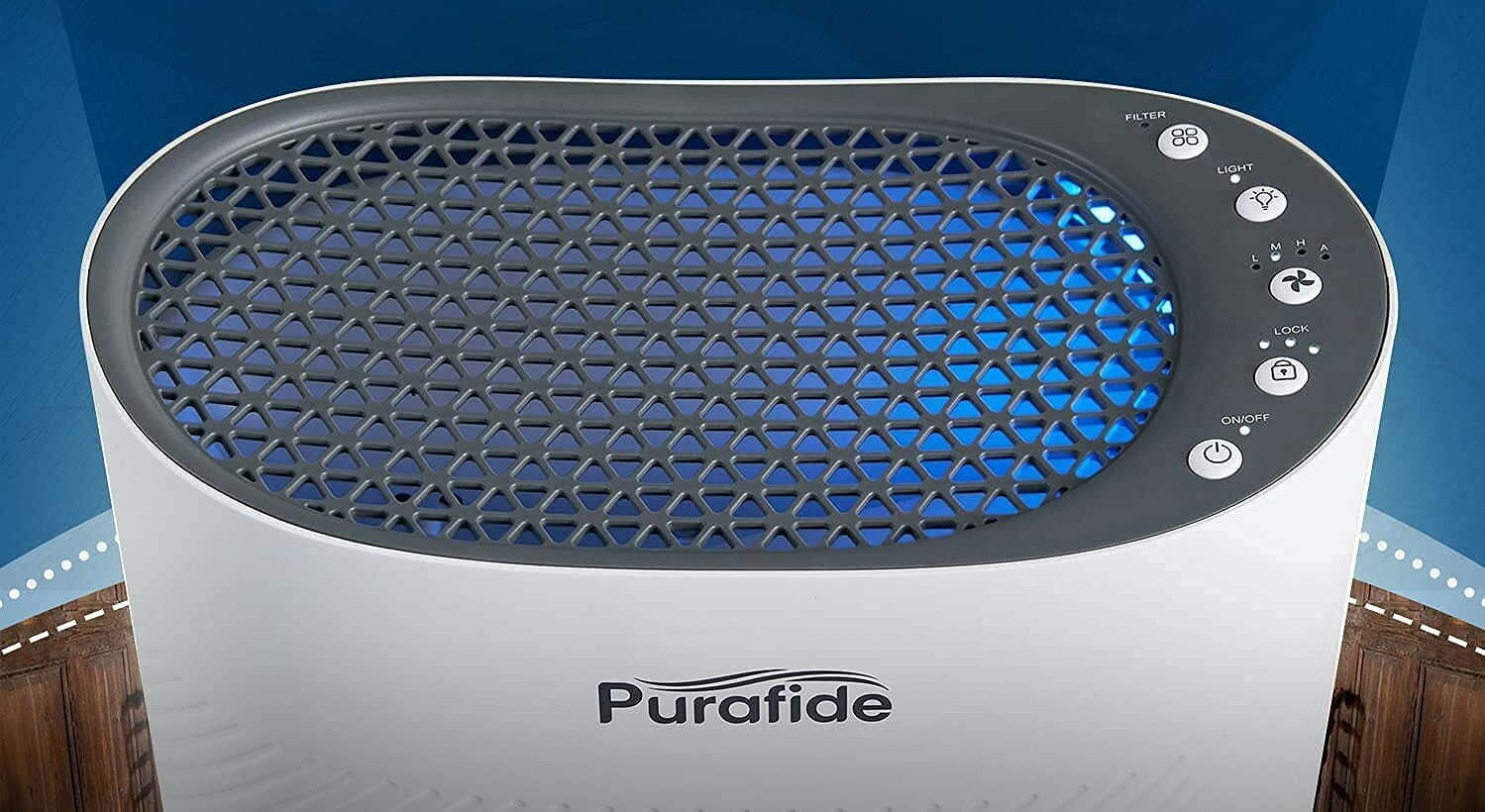
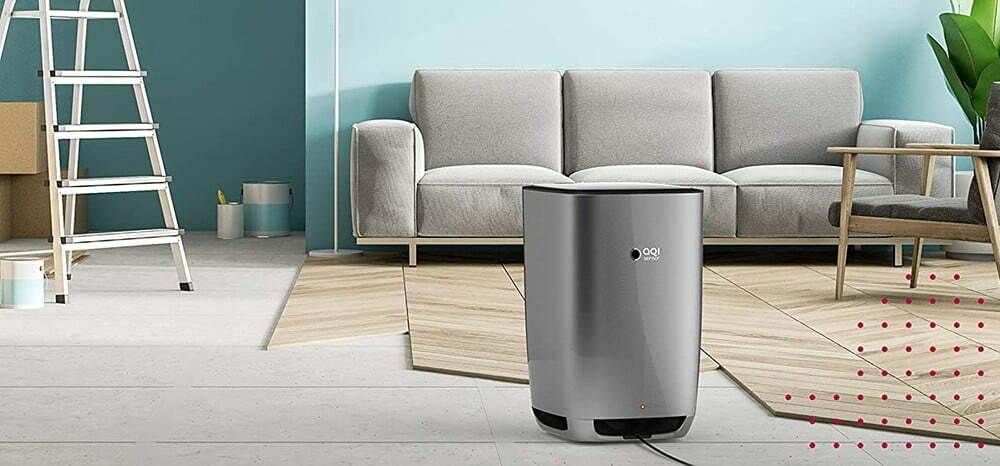
![Best Air Purifiers for VOCs and Formaldehyde in [year] 27 Best Air Purifiers for VOCs and Formaldehyde in 2026](https://www.gadgetreview.dev/wp-content/uploads/best-air-purifier-for-vocs-and-formaldehyde-image.jpg)
![Best Air Purifier in [year] ([month] Reviews) 28 Best Air Purifier in 2026 (January Reviews)](https://www.gadgetreview.dev/wp-content/uploads/Honeywell-True-HEPA-Allergen-Remover-HPA300-e1475603569442.jpg)
![Best Air Purifiers for Dust in [year] 29 Best Air Purifiers for Dust in 2026](https://www.gadgetreview.dev/wp-content/uploads/best-air-purifier-for-dust-image.jpg)
![Best Honeywell Air Purifiers in [year] 30 Best Honeywell Air Purifiers in 2026](https://www.gadgetreview.dev/wp-content/uploads/best-honeywell-air-purifier-image.jpg)
![Best Germicidal Air Purifiers in [year] 31 Best Germicidal Air Purifiers in 2026](https://www.gadgetreview.dev/wp-content/uploads/best-germicidal-air-purifier-image.jpg)
![Best Filterless Air Purifiers in [year] 32 Best Filterless Air Purifiers in 2026](https://www.gadgetreview.dev/wp-content/uploads/best-filterless-air-purifier-image.jpg)
![Best Levoit Air Purifiers in [year] 33 Best Levoit Air Purifiers in 2026](https://www.gadgetreview.dev/wp-content/uploads/best-levoit-air-purifier-image.jpg)
![Best Air Purifiers for Smoking Weed in [year] 34 Best Air Purifiers for Smoking Weed in 2026](https://www.gadgetreview.dev/wp-content/uploads/best-air-purifier-for-smoking-weed-image.jpg)
![Best Quiet Air Purifiers in [year] 35 Best Quiet Air Purifiers in 2026](https://www.gadgetreview.dev/wp-content/uploads/best-quiet-air-purifier-image.jpg)
![Best Desktop Air Purifiers in [year] 36 Best Desktop Air Purifiers in 2026](https://www.gadgetreview.dev/wp-content/uploads/best-desktop-air-purifier.jpg)
![Best Dyson Air Purifiers in [year] 37 Best Dyson Air Purifiers in 2026](https://www.gadgetreview.dev/wp-content/uploads/best-dyson-air-purifier.jpg)
![Best Air Purifiers for Dorm Room in [year] 38 Best Air Purifiers for Dorm Room in 2026](https://www.gadgetreview.dev/wp-content/uploads/air-purifier-for-dorm-room-1.jpg)
![Best Air Purifiers for Office in [year] 39 Best Air Purifiers for Office in 2026](https://www.gadgetreview.dev/wp-content/uploads/best-air-purifier-for-office.jpg)
![Best Air Purifiers for Basement in [year] 40 Best Air Purifiers for Basement in 2026](https://www.gadgetreview.dev/wp-content/uploads/best-air-purifier-for-basement.jpg)
![Best Air Purifiers For Odor in [year] 41 Best Air Purifiers For Odor in 2026](https://www.gadgetreview.dev/wp-content/uploads/best-air-purifier-odor.jpg)
![10 Best Personal Air Purifiers in [year] 42 10 Best Personal Air Purifiers in 2026](https://www.gadgetreview.dev/wp-content/uploads/best-personal-air-purifiers.jpg)
![10 Best Plug In Air Purifiers in [year] 43 10 Best Plug In Air Purifiers in 2026](https://www.gadgetreview.dev/wp-content/uploads/best-plug-in-air-purifier-image.jpg)
![10 Best Whole House Air Purifiers in [year] 44 10 Best Whole House Air Purifiers in 2026](https://www.gadgetreview.dev/wp-content/uploads/best-whole-house-air-purifier-image.jpg)
![10 Best Large Room Air Purifiers in [year] 45 10 Best Large Room Air Purifiers in 2026](https://www.gadgetreview.dev/wp-content/uploads/Coway-Airmega-200M-Large-Room-Air-Purifier-900x900-1.png)
![10 Best UV Air Purifiers in [year] 46 10 Best UV Air Purifiers in 2026](https://www.gadgetreview.dev/wp-content/uploads/best-uv-air-purifier.jpg)
